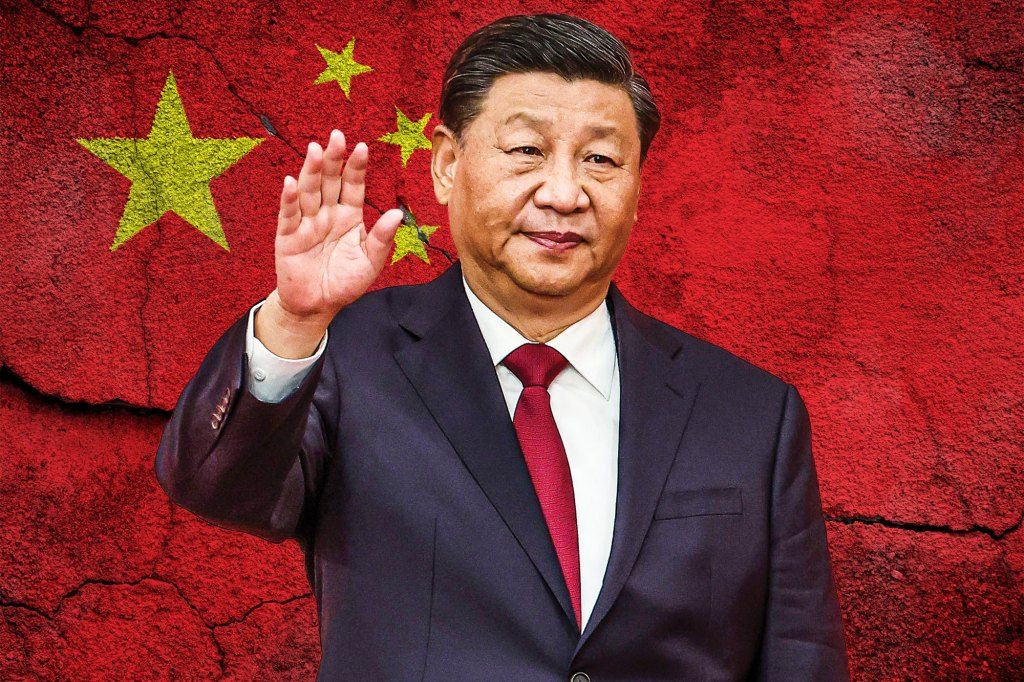
China: A State-Backed Push for Superintelligence Is Raising Alarms in the U.S.
Oct 4, 2025 |
👀 36 views |
💬 0 comments
A significant and potentially ominous shift is underway in China's artificial intelligence strategy. For the first time, prominent Chinese academics and state-backed think tanks are openly and frequently discussing the long-term goal of creating AI superintelligence—a move that is setting off alarm bells among national security experts in the United States.
For years, China's official AI strategy has been squarely focused on practical applications: using AI to boost its economy, surveil its population, and modernize its military. The more philosophical and long-term goal of building human-level Artificial General Intelligence (AGI) or god-like Artificial Superintelligence (ASI) was largely left to Silicon Valley dreamers.
That has now changed. A wave of new research papers, policy discussions, and speeches from influential figures tied to the Chinese Communist Party are explicitly framing the development of superintelligence as a national imperative.
"The Commanding Heights of Global Power"
The new discourse in Beijing is not driven by the same "effective altruism" or safety-first concerns that dominate the AGI conversation in the West. Instead, Chinese strategic documents are reportedly framing the race to superintelligence in stark, geopolitical terms.
According to analysis of these documents by U.S. policy experts, Beijing increasingly believes that the first nation to develop AGI will achieve an insurmountable strategic advantage, allowing it to dominate the global economy and military landscape for the 21st century. One influential paper from a state-backed university referred to AGI as the "commanding heights of global power."
Washington Is Taking Notice
This new, more aggressive posture has not gone unnoticed in Washington D.C. U.S. national security and intelligence officials are reportedly taking the new rhetoric very seriously, concerned that it signals the start of a new, high-stakes, and potentially dangerous "AGI arms race."
"We've been focused on competing with China on today's AI, on things like facial recognition and autonomous drones," one U.S. AI policy advisor commented in a recent interview. "The conversation in Beijing is now shifting to tomorrow's AI—to superintelligence. This is a fundamentally different and far more consequential competition. We are paying very close attention."
The fear in the U.S. is that a state-directed, all-out push by China for AGI could prioritize speed over safety, ignoring the profound existential risks that many Western AI experts have warned about.
While the creation of true superintelligence may still be years or even decades away, the strategic competition to get there has already begun. China has now officially joined the race, and the United States has been put on notice that the finish line isn't just a better chatbot, but a fundamental shift in the global balance of power.
🧠 Related Posts
💬 Leave a Comment
